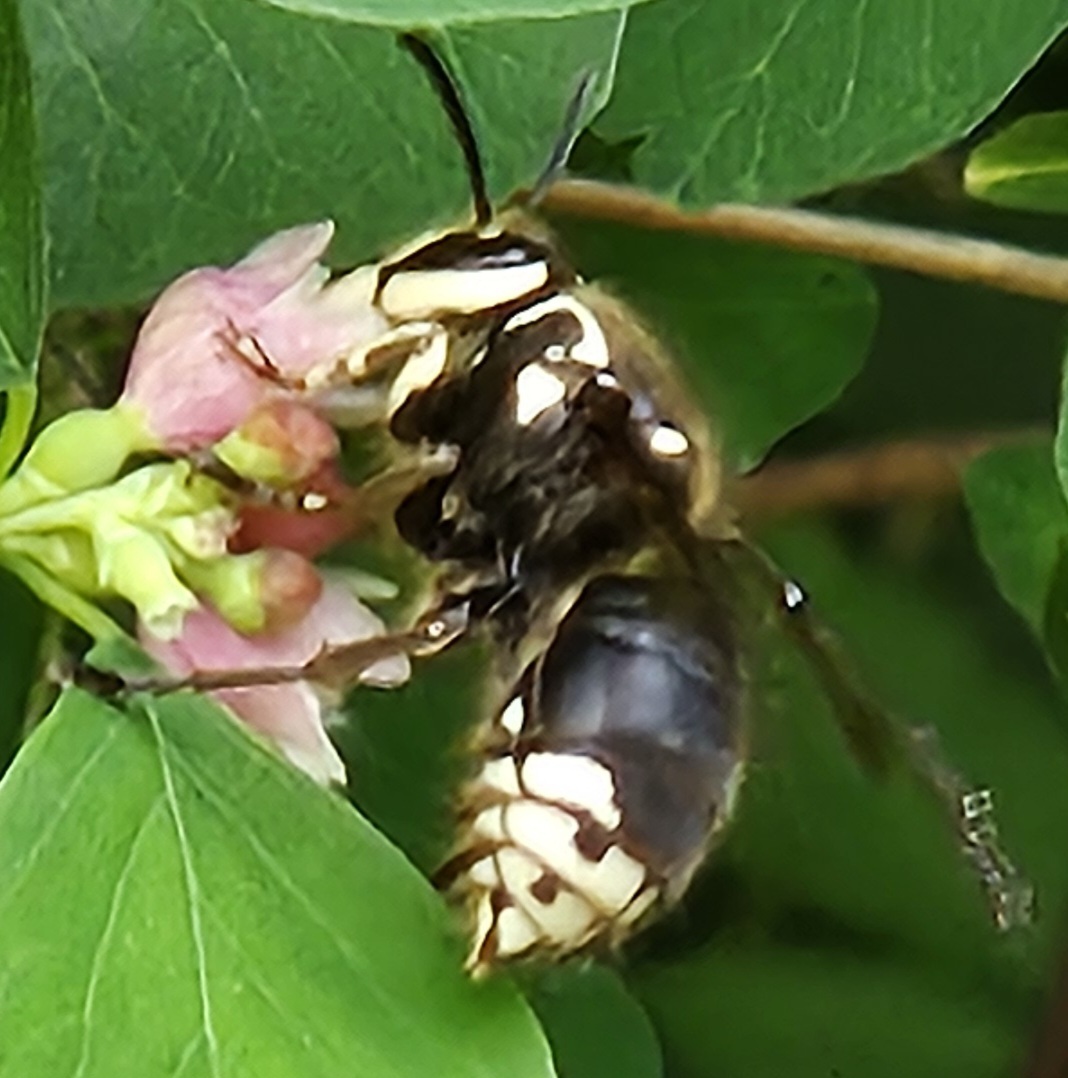Their catchphrase is "We are Venom" they're a plural entity. These fucking tourists.
 This is the Sonyverse (idk if it has an official name, its movies Sony makes with Spiderman charachters that arent part of the MCU because Sony owns the rights) not the MCU technically speaking.
This is the Sonyverse (idk if it has an official name, its movies Sony makes with Spiderman charachters that arent part of the MCU because Sony owns the rights) not the MCU technically speaking.Sorry autism.
It's almost like these people aren't arguing in good faith and are just trying to rile people up.

I'm just wondering how they coped with the very obvious homoeroticism of these characters till this point.
It's a subject pronoun. English is weird. If the sentence was in normal order it would be something like "They do [not] part until death." The "not" being implied in this common phrase. Basically "they do part" is the core subject|verb of the sentence.
Was thinking of " 'til death do us part," it irks me that they aren't paralleling that construction but it makes sense
" 'Til death do us part" is a canned phrase at this point, archaic way of saying "[We will do x thing] until death separates us," with death as the subject. I get that they are changing the subject but the formulation of the canned phrase is entrenched in my mind lol
I think death is the subject and it's actually the subject-verb agreement that's wonky. It could be rephrased as "Until death parts us." I'm not sure why it's not "'Til death does us part."
(Edited to add thoughts/be less certain)
No, it's "We do not part until death". You can tell because of word order that the entity enacting the parting is "we" because it comes right before "part". You can also tell because it's "part" and not "parts" while being in the simple present, so it must not have a third person singular subject, which "death" would be.
"Until death" in both cases is a prepositional phrase tacked on in both cases, so it does not contain the subject.
"[Something will happen] until death parts us" is always how I interpreted it, perhaps to make the pronoun work in my mind, but "death" would be the subject of the subordinate phrase in my interpretation. Ig it comes down to whether you see it as a subordinate clause or a prepositional phrase
Death is the subject in the phrase. It's from a 16th century Anglican prayer book, The Book of Common Prayer, in which it was "till death us depart," with death being that which would depart (separate) the people making the vow ("us"). However, something that was more common in the 16th century (and is rather more rare in English now though many common phrases still use it), is the subjunctive mood, in which conjugation of verbs has a different form (usually the bare form).
English is pretty loose on the rules when doing poetry or this sort of cliche tweaking. I think it can be argued either way pretty well. The phrase is sort of a dangling thought that originally was part of a longer sentence, so it's pretty fraught overall.
If you flip that logic with the familiar "Till death do us part" then it should, apparently, actually be "Till death do we part", but it's not.
If you need a paragraph to explain why something is grammatically correct, that isn't much of an improvement on being grammatically incorrect
English do be like that. Maybe someone can write a proof of the incompleteness of languages or something.
"Til death do they part" is an inverted conditional sentence with a prepositional phrase at the beginning and the subject toward the end; it means they stay parted until death.
"Til death do them part" is a sentence with the primary and auxiliary verbs spliced around the object; it means they are parted at death but implies that they are united until then.
@courier8377@hexbear.net is right.
movies were overrated anyway
marvel brain is a cancer on this earth
Death to America
I wish tourists a very go back to watching golf or something and stop gentrifying geek culture.
Man I hate chuds but I'm not going to argue online about a marvel movie.
I love that the CHUDs are getting so mad about non-binary people that even just the word "they" sends them into a frothing at the mouth rage.

















